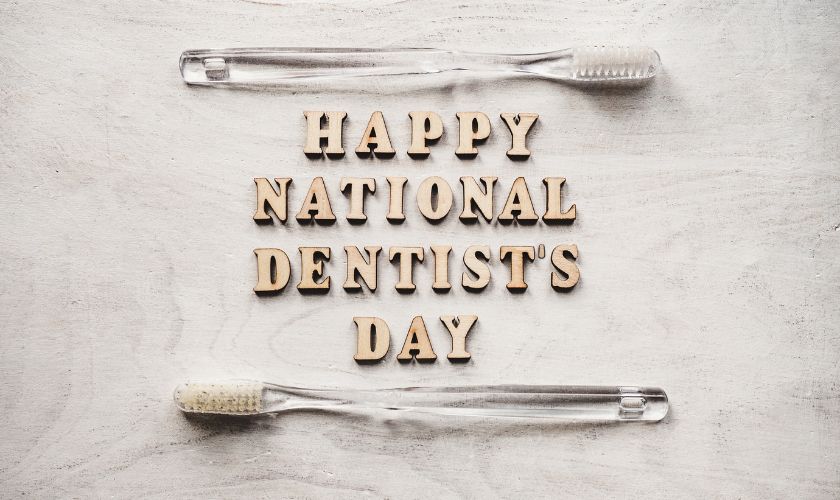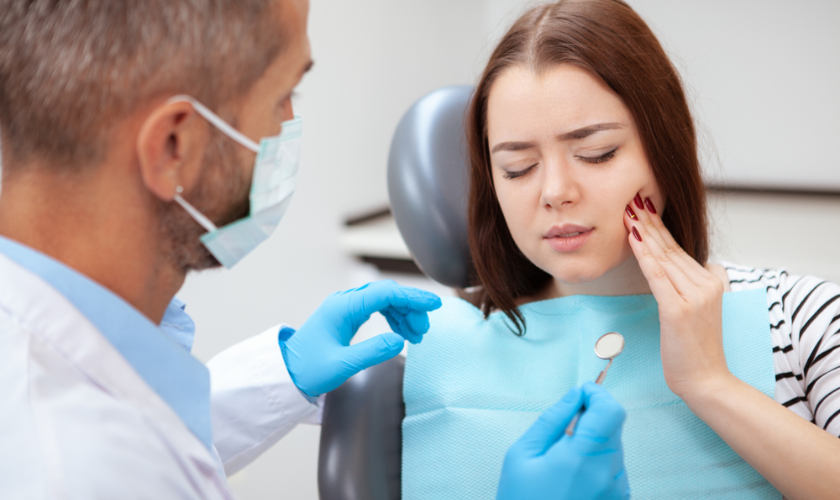New Patients Are Welcome!
5 Ways to Stop Dry Mouth

Dry mouth is more than just a nuisance. Because saliva is how your body naturally remineralizes and protects your teeth, dry mouth can negatively impact your dental health when it’s left untreated. Here are 5 ways to stop dry mouth to help keep your teeth and gums healthy and comfortable.
1. Stay Hydrated
Drinking lots of fluids is one of the simplest and best ways to stop dry mouth. Hydration is important for many functions of the body, from heart and muscle health to circulation and saliva production.
If you’re wondering how much to drink each day, it is typically recommended that you drink ½ to 1 once for every pound that you weigh. So if you weigh 150 pounds, it’s a good idea to try to ensure that you drink between 75 and 150 ounces (or 10 to 20 8 ounce cups) every day.
2. Chew Sugar-free Gum
Chewing helps to stimulate your saliva production so chewing gum can be a great on-the-go way to fight dry mouth. Just make sure to choose gum that is sugar-free!
3. Eat Crunchy Foods
Eating crunchy raw foods like carrots, celery, or apples can also encourage your body to increase saliva flow. As an added bonus, crunchy foods also work to massage your gums and increase circulation to your mouth, which can also improve your dental health.
4. Check for Medication Side Effects
Many medications, including prescription and over-the-counter, list dry mouth as a possible side effect. If you’re suffering from dry mouth, it may be helpful to look up any medications you’ve been taking to check for side effects, and talk with your doctor about alternatives.
5. Visit Your Dentist
While these are all great ways to stop dry mouth, it’s important to know what’s causing the issue so that you can prevent it instead of just addressing the symptoms. If you’re experiencing dry mouth, it’s always a good idea to make an appointment with your dentist so that they can help you find the quickest and most effective treatment plan.
Call our to make an appointment with a dentist who may be able to help you find out more about this topic, and improve your oral health.




